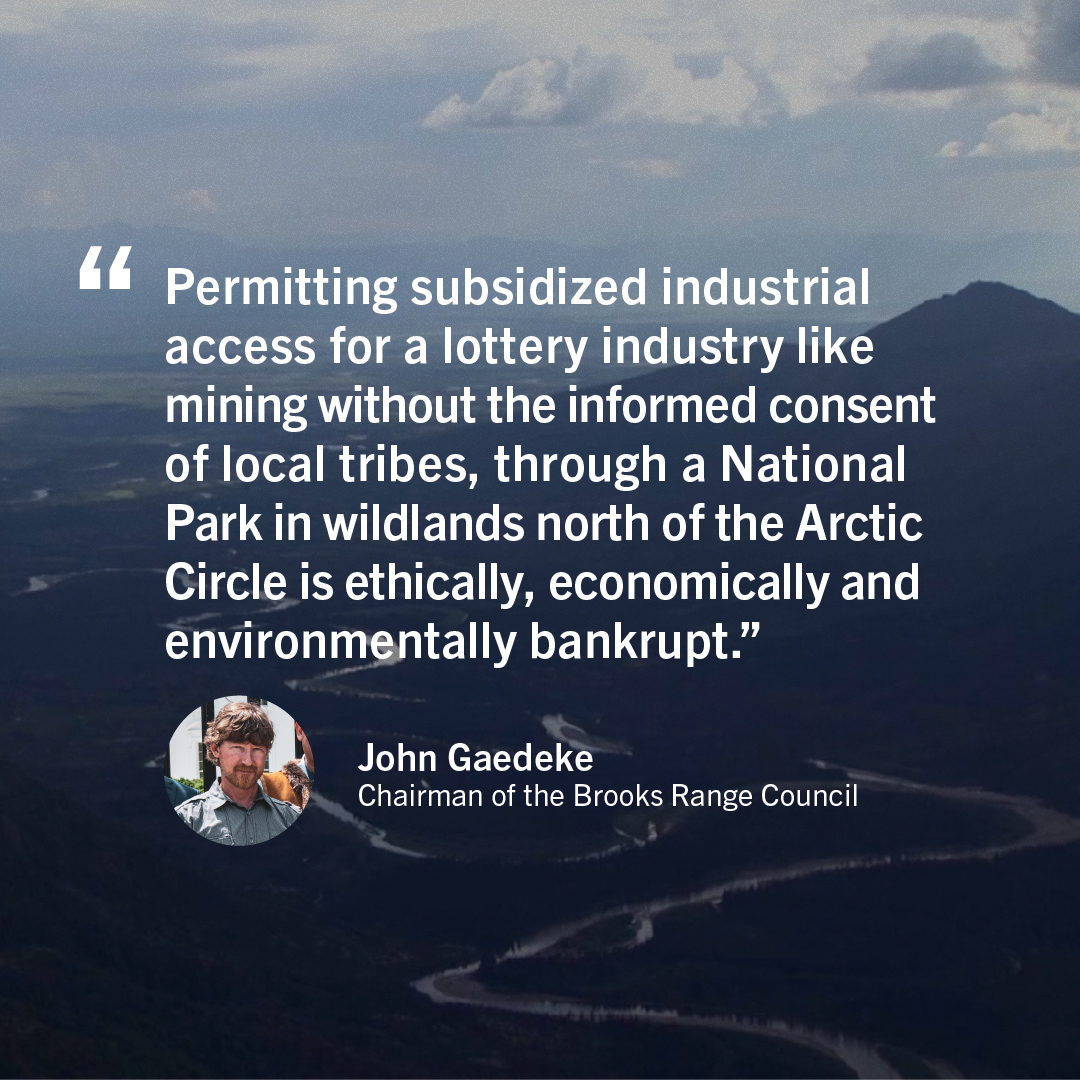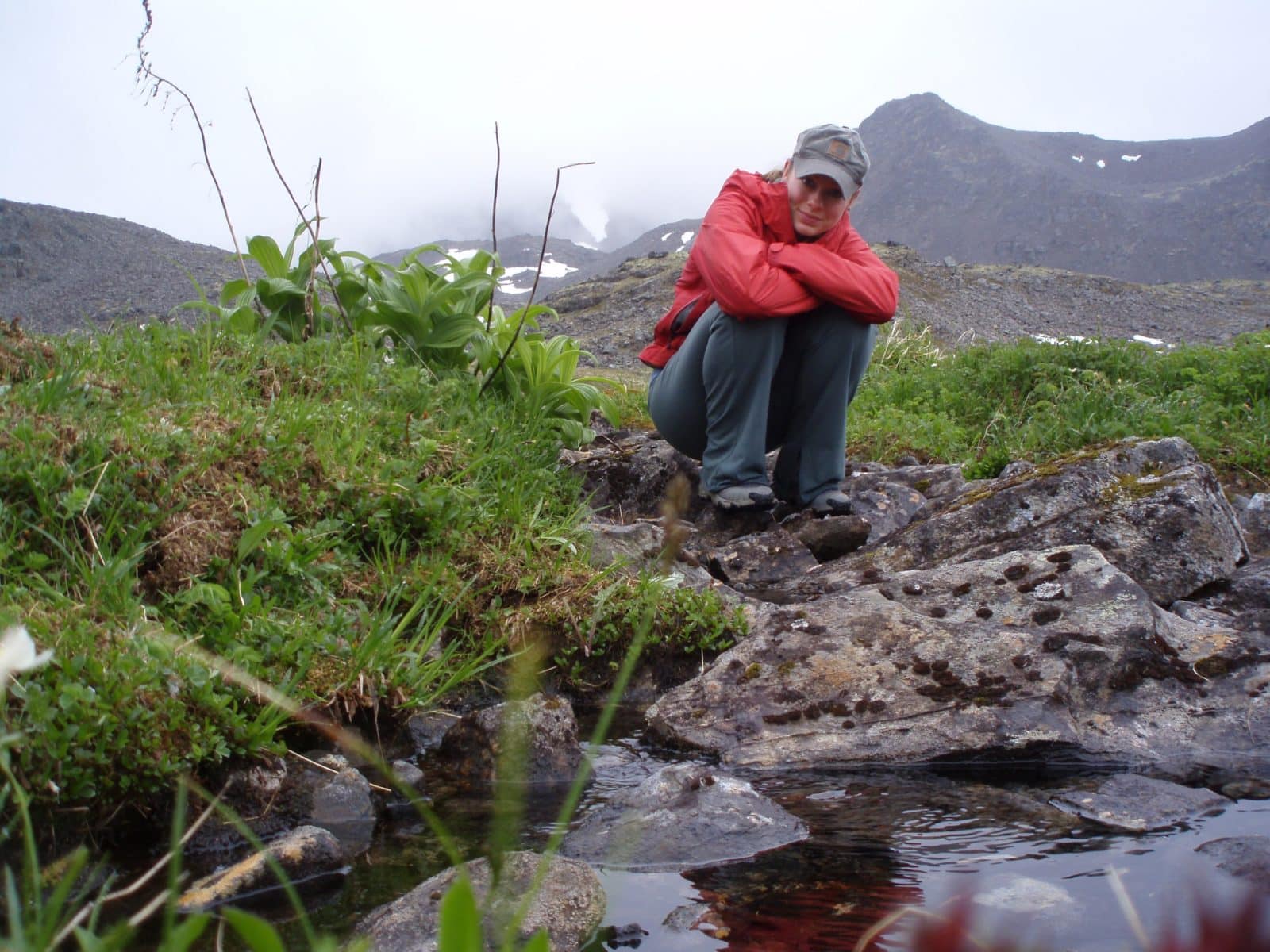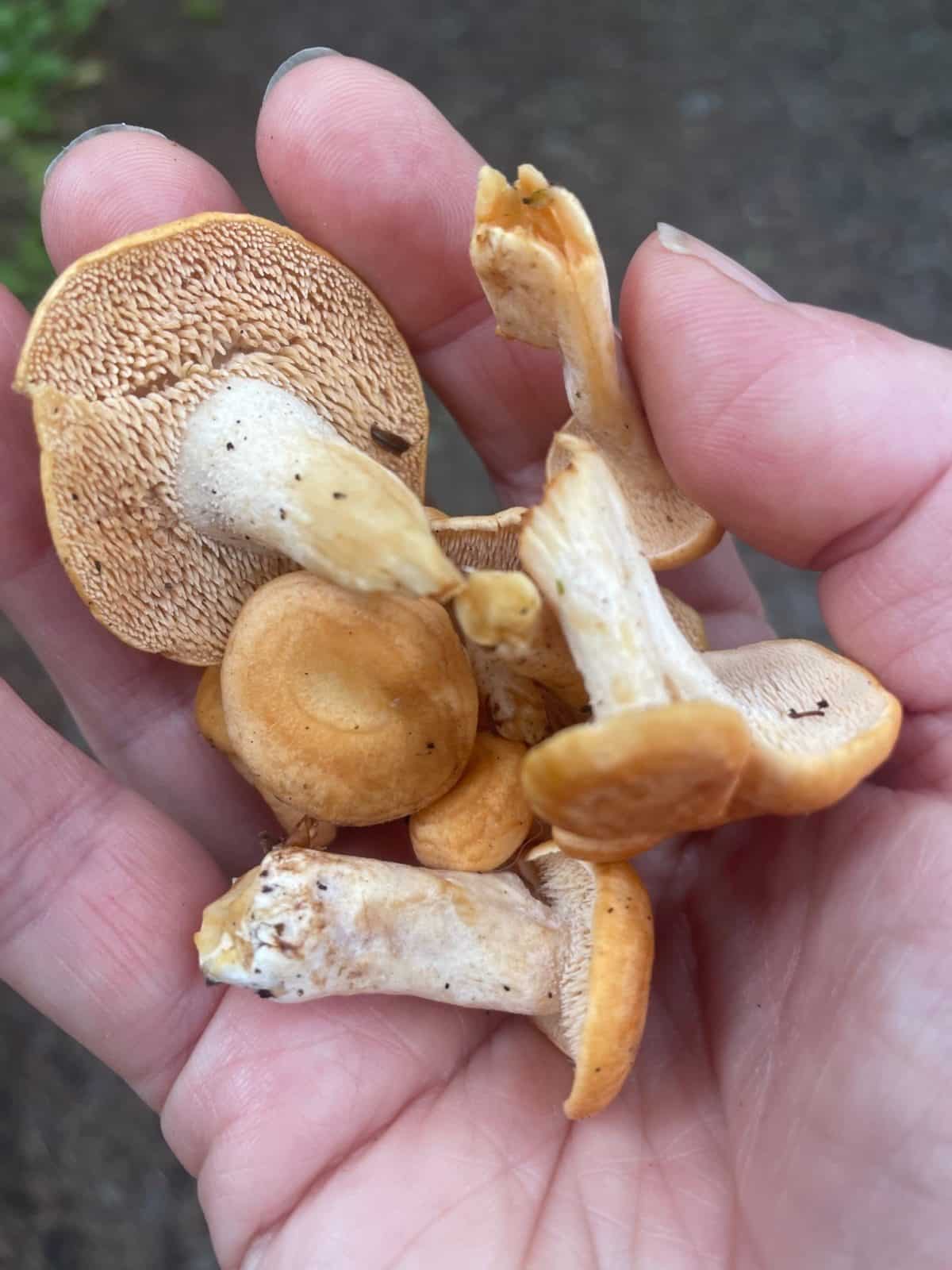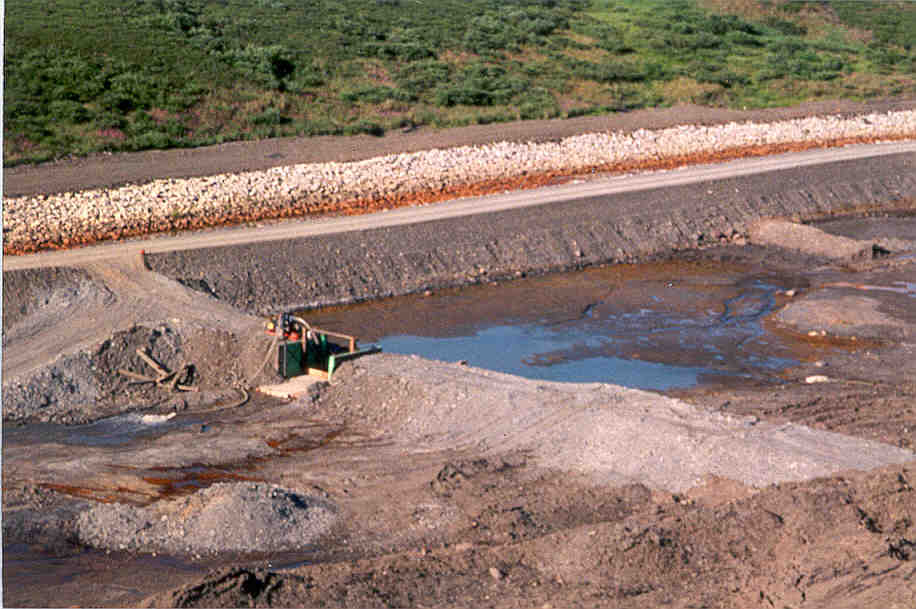
Drilling and mining are economic vampires: Alaska News Brief October 2023
I’ve been thinking about metal and mineral mining a lot these days, and the relentless pressure to extract, extract, extract from Alaska. That the world is rife with news of war and violence only deepens the pressure.
The oil and gas industry certainly exploits war to prop up expansion and new drilling projects despite a climate crisis that is taking lives and imperiling futures. The very industry that has been outed for its burying of climate change data, that promised to invest in clean energy, has doubled down on extracting every ounce and pretty much stopped any meaningful clean energy spending, heartless in its disregard for life and the planet.
The mining industry exploits warfare and the climate crisis, too, by claiming mine proposals as essential to national security, no matter the alternatives to mining and the mining already underway, or the harm done to local communities, clean rivers and streams, and animals integral to Alaska landscapes.

Alaska’s congressional delegation keeps fighting for the oil and gas industry while also transitioning the “extract at all costs” to its backing of the mining industry. Mining has happened in Alaska for a long time. We should remember the cost to people and places.
Here’s the truth about metals mining. The industry is barely regulated and has prevented any meaningful reform at the federal level for nearly 150 years. It pays nothing to extract from public lands, with enormous impacts on Indigenous communities. It is the single largest source of toxic waste in the United States, with hardrock mines having contaminated an estimated 40 percent of Western U.S. watersheds. In fact, Red Dog tops the toxic release inventory and has for decades.
Mining interests never pay their way. Reclamation rarely, if ever, happens. Mitigation gets lopped off corporate priority lists. Companies don’t address the social and cultural impacts (read sexual assault and worse) of man camps and the pollution and devastation of local lands, rivers, and streams. Companies get away with exacting enormous public health harm to their workforce and local communities without being accountable for it.
And the subsidies? How many roads does the state have to build for mining companies? In Alaska, rents and royalties from mining are a pittance and well-exceeded by subsidies. The money these corporations take out of country and state is never paid to cover the cost to Alaska and Alaskans, but it does fuel the influence the industry has over decision makers.
I have to ask, then, do we really do things differently in Alaska, or do we kowtow to the same extractive interests, time and time again, despite the destruction of landscapes and watersheds, the decimation of fish runs and animals, and the disintegration of social and cultural relationships with land and water?
Those who can make a buck off Alaska don’t and won’t truly invest in its future, because why would they? They will leave when the money dries up.
What’s most frustrating is that Alaska’s political and corporate officials again and again follow along. All the noble attributes they tout, like innovation, hard work, resilience, and working together, end up lost in smoke and mirrors as they back the same kind of projects for the same reasons to the same ends. The raw product and money go out of state and country, taking significant job opportunities with them; the destruction, harm, and broken promises stay here.
This month, the Biden administration released the draft supplemental environmental impact statement for the proposed Ambler industrial road, and it concluded that 66 communities—not just 27—would be within the gravel transportation corridor and further impacted by all the open pit mines the road would enable.
You can bet that its champion, the Alaska Industrial Development and Export Authority, along with Alaska’s governor and congressional delegation, will get behind Ambler and disregard local opposition, despite nearly 150 Tribes having standing resolutions opposing the project.
Earlier, I went to a gathering of folks and groups addressing an array of mining projects in Alaska. One thing everyone identified for sure is that the climate problem isn’t just fossil fuels. It’s a worldview of extraction without stewardship and gratitude—taking until there is no more for the planet or its inhabitants to give.
Oil and gas companies and mining corporations are economic vampires sucking Alaska dry of possibility.
We can change that. So, let’s do it!
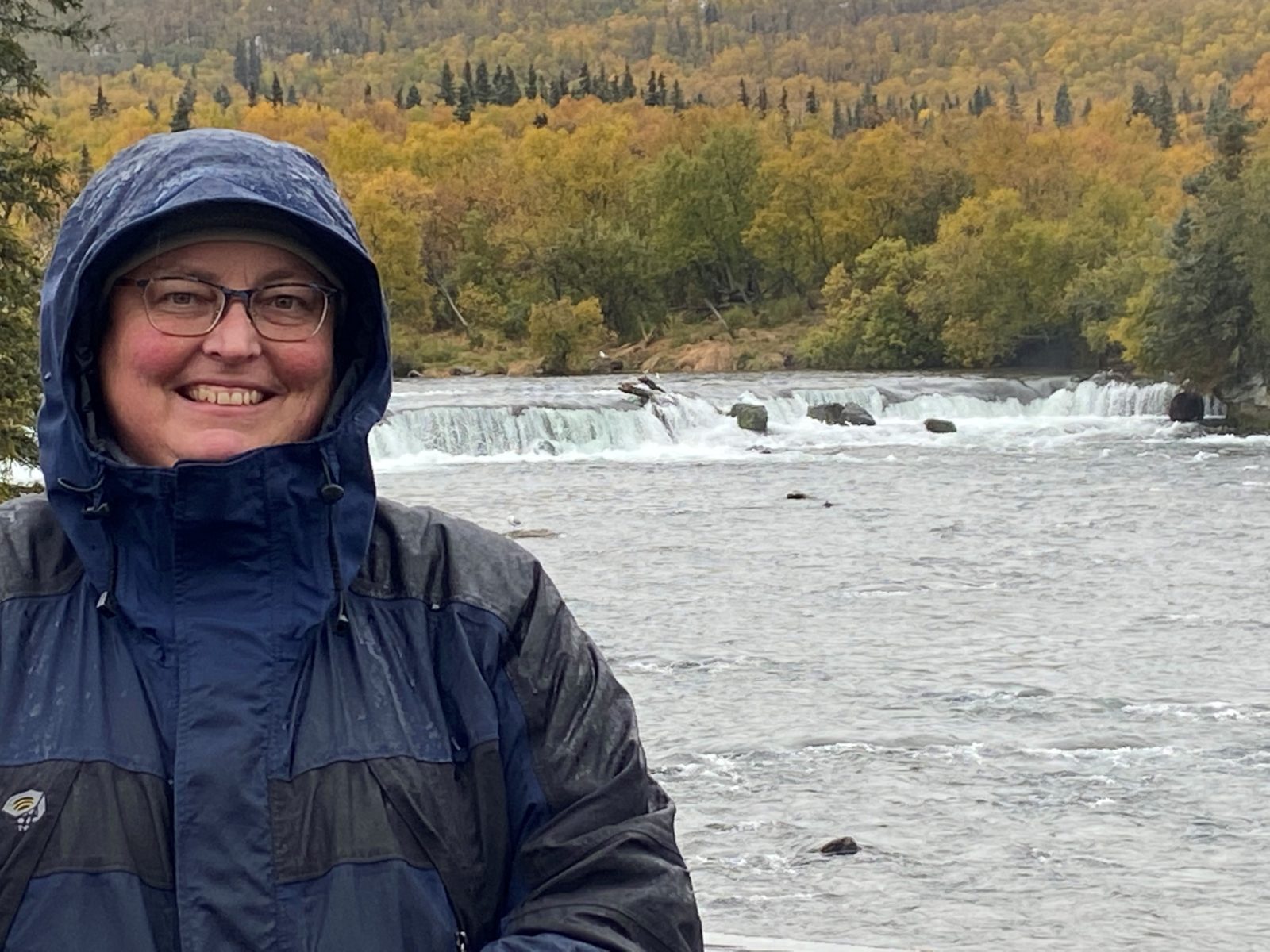

PS. Thanks to supporters like you, we can continue fighting to protect Alaska’s land, water, air, wildlife and people.
